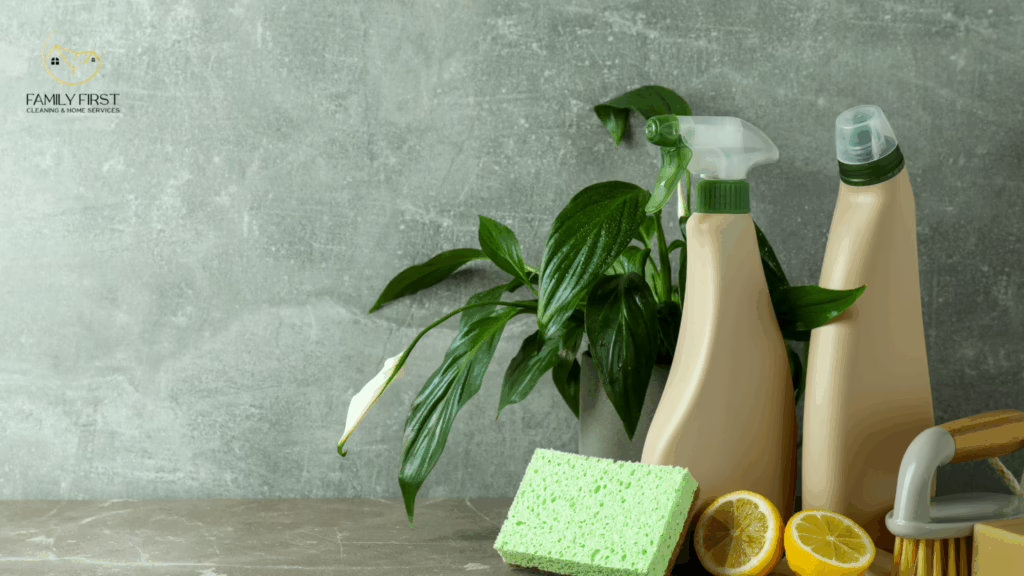Cleaning rags are your best friends when it comes to tidying up messy spills, greasy countertops, or dusty furniture. But after doing all that dirty work, these trusty tools need some cleaning of their own. Wondering how to wash cleaning rags effectively without making a bigger mess? Don’t worry; we’ve got you covered with an easy-to-follow guide.
Why Washing Cleaning Rags Properly Is Important
Cleaning rags are reusable, making them eco-friendly and cost-effective. However, if they aren’t cleaned properly, they can become a breeding ground for bacteria and odors. Washing them correctly ensures they stay fresh, last longer, and are ready for action the next time you need them.
Step-by-Step Guide on How to Wash Cleaning Rags
1. Sort Your Rags
Before jumping into the washing process, sort your cleaning rags based on how they’re used:
- Kitchen Rags: These usually have grease and food residue.
- Bathroom Rags: Often used with stronger chemicals and for grime.
- Dusting Rags: Typically less dirty and dry.
Sorting helps prevent cross-contamination and ensures the dirtiest rags get the cleaning attention they need.
2. Shake and Rinse
Before washing, shake the rags outside to remove loose dirt, crumbs, or debris. If a rag is heavily soiled or greasy, rinse it under warm water to remove excess grime. This step keeps your washing machine cleaner and prevents clogs.
3. Choose the Right Washing Method
Machine Washing
- Use hot water to kill bacteria and remove tough stains.
- Add a strong laundry detergent to break down grease and dirt.
- Avoid using fabric softener, as it can reduce the rag’s absorbency.
Hand Washing
- Fill a basin or bucket with hot water and a small amount of detergent.
- Soak the rags for 10-15 minutes.
- Scrub each rag thoroughly, focusing on stains or heavily used areas.
- Rinse well with clean water until no soap remains.
Hand washing is ideal for a small batch of rags or when dealing with delicate fabrics.
4. Sanitize the Rags
To keep your rags hygienic, sanitize them during or after washing:
- Add white vinegar (1 cup) or bleach (1/2 cup, if safe for the material) to the wash cycle.
- Alternatively, soak the rags in a solution of hot water and vinegar for 15 minutes before washing.
Sanitizing is especially important for kitchen and bathroom rags that come into contact with germs.
5. Dry the Rags Properly
- Use a dryer set to a high heat setting to kill any remaining bacteria.
- If air drying, hang the rags in a sunny, well-ventilated area to prevent mold or odors.
Ensure the rags are completely dry before storing them to avoid mildew.
How Often Should You Wash Cleaning Rags?
- Daily Use: Wash kitchen rags daily, especially if they’ve been used to clean up food or grease.
- Weekly Maintenance: For dusting or light cleaning, washing every week is sufficient.
- After Heavy Use: Always wash rags immediately after cleaning up spills, grease, or chemical messes.
Tips for Storing Clean Rags
- Separate Storage: Keep kitchen rags, bathroom rags, and general cleaning rags in separate bins or containers to avoid cross-contamination.
- Dry and Fold: Store only completely dry rags to prevent mold or unpleasant odors.
Common Mistakes to Avoid
- Washing with Clothes: Never wash cleaning rags with regular laundry to prevent transferring dirt and germs.
- Skipping Pre-Rinsing: Rinsing heavily soiled rags before washing prevents gunk from sticking to your washer.
- Ignoring the Dryer: Air drying is fine, but using a dryer on high heat is the best way to sanitize your rags.
When to Replace Cleaning Rags
Even the best cleaning rags have a shelf life. Replace them if:
- They remain smelly after washing.
- They’re torn, frayed, or losing absorbency.
- They’ve been used with harsh chemicals and can no longer be cleaned effectively.
Professional Cleaning Help
Washing your cleaning rags is one thing, but keeping your entire home spotless is another story. If you’re looking for expert cleaning services, consider Lone Tree cleaners. Their professional team can handle the toughest messes, giving you more time to focus on other tasks.
External Resources for More Cleaning Tips
For further information on safe cleaning practices, visit the Centers for Disease Control and Prevention (CDC) for reliable guidelines.


